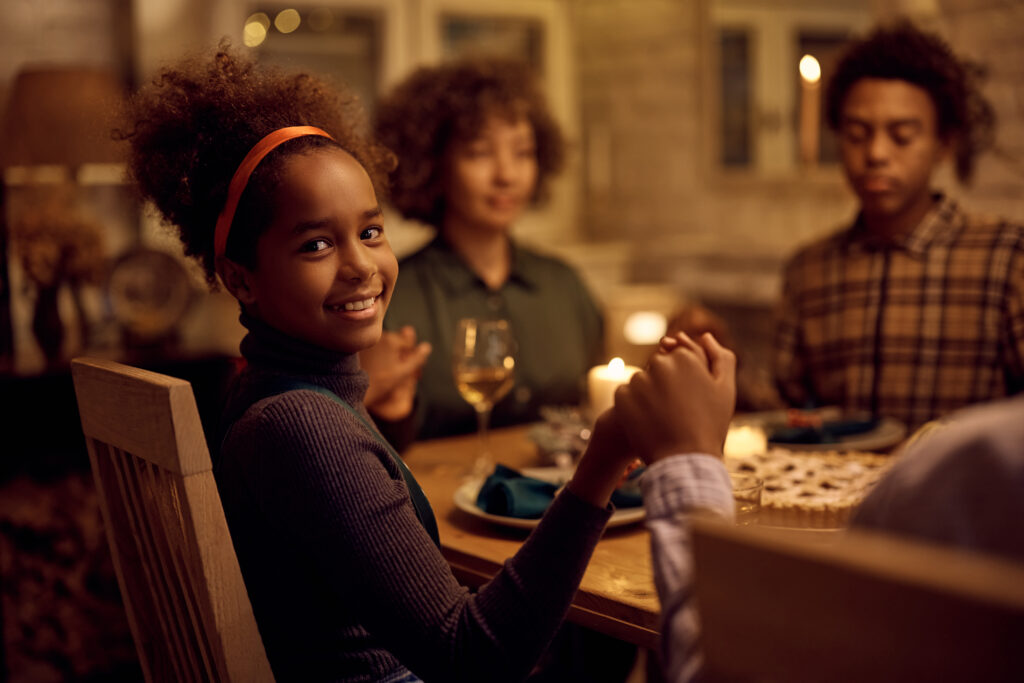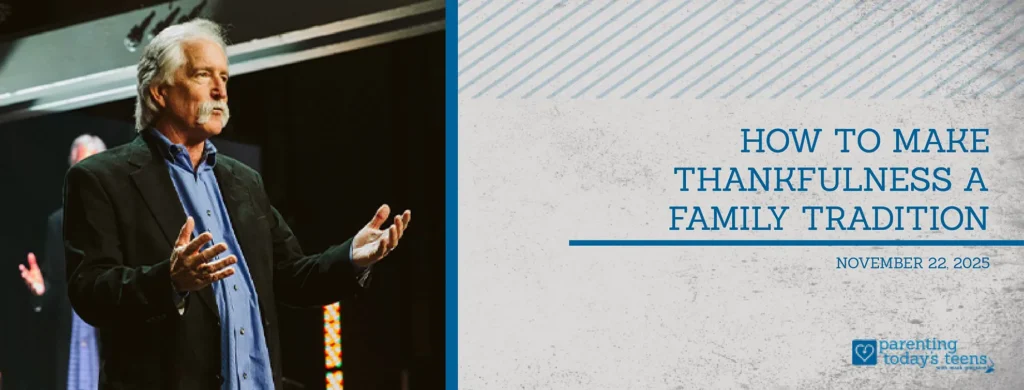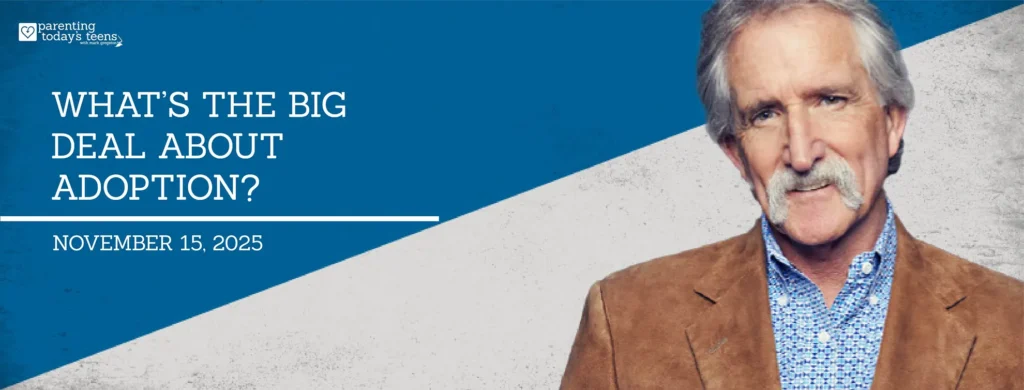If you’re counting on your teen reaching 21 without ever being exposed to alcohol, it’s time for a reality check. The statistics on underage drinking are alarming—it’s almost a certainty that your teen will be offered alcohol by their peers at some point. As parents, we often swing between denial (“my kid would never”) and panic (“they’re probably drinking right now!”), but neither extreme helps our teens navigate the pressures they face.
The truth lies in a balanced approach—one that recognizes the risks while intentionally preparing our children to make wise, healthy choices in a culture that often promotes the opposite. In this article, I’ll highlight two common mistakes parents make when it comes to alcohol and share practical strategies to help teens confidently say “No” long before they reach 21.
Underage Drinking: The Hard Truth in Numbers
Let’s begin with some eye-opening facts that every parent should know:
- 1 in 4 kids under the age of 14 has already experimented with alcohol.
- By the time they reach college age, half of all teens will have tried it.
- Shockingly, 21% of teens report receiving alcohol directly from their parents. (Yes, you read that right.)
- 11% of all alcohol consumed in the U.S. is by underage drinkers—that’s more than one in ten drinks going to someone who isn’t legally allowed to purchase it.
- And perhaps most sobering of all: there’s a 100% chance your teen will be offered alcohol by their peers.
These numbers aren’t meant to terrify you into locking your teenager in their room until they turn 21 (as tempting as that might be). Rather, they should serve as a reality check that guides how you approach this inevitable challenge.
Two Dangerous Parenting Ideas When It Comes to Drinking:
1. “If we let our teens drink at home, they won’t be as curious to try it elsewhere.”
Some refer to this as the “European model.” I call it misguided. At first glance, the idea might seem reasonable: introduce alcohol in a controlled, family setting so teens learn to drink responsibly. But the research tells a very different story—this approach often backfires. Here’s the issue: teens rarely interpret this kind of permission the way parents intend. What you mean as “a sip of wine at Thanksgiving” often registers in their minds as “My parents are okay with me drinking—period.” The boundaries blur quickly.
Studies consistently show that teens allowed to drink at home are more likely—not less—to engage in binge drinking when they’re outside the home. The message they receive isn’t one of moderation; it’s one of permission. Let’s be clear: your teen is already bombarded with messages encouraging alcohol use—from friends, media, and their own curiosity. They don’t need one more voice, especially not yours, giving them the green light.
2. “Our teen would never drink.”
This head-in-the-sand mindset can be just as harmful as permissiveness. The reality is, your teen will almost certainly be offered alcohol by peers. Even if you’ve raised them with strong values and they’ve promised to “just say no,” those good intentions can be no match for the intense pressure to fit in. Combine that with the natural curiosity of adolescence and the biological wiring of the teenage brain—specifically, its drive for novelty and risk—and you’ve got a potent mix of vulnerability.
Assuming your teen would never drink doesn’t protect them. In fact, it leaves them unprepared when the moment comes. Even worse, it can send the message that making a mistake—or even just being tempted—would disappoint you. That kind of pressure can silence your teen, keeping them from reaching out for help or guidance when they need it most. Honest conversations and realistic expectations open the door for trust, support, and better choices.
How Parents Help Teens Say “No” to Alcohol
So what does work when it comes to teens and alcohol? Here are four approaches that acknowledge reality while giving teens tools to navigate this cultural landmine:
1. Prepare them for the challenge of saying “no.”
Let’s be honest: saying “no” to alcohol when everyone else is saying “yes” is HARD. It means potentially being left out, mocked, or treated as an outsider. The desire to belong is powerful, especially during adolescence. Have explicit conversations about this difficulty. Role-play scenarios. Brainstorm responses that feel authentic to them. Help them find their “why” for abstaining—whether it’s sports performance, mental clarity, religious beliefs, or family values. A clear “why” makes “no” much easier to say.
2. Keep the conversation ongoing.
You can’t expect to talk about drinking one time and check it off your parenting to-do list. This should be an ongoing dialogue that continues throughout the teen years. More importantly, your teens should know they can come to you about drinking anytime, including if they’ve made a mistake. If your teen fears nuclear fallout for admitting they tried alcohol, they’ll never seek your guidance when they actually need it. Create an atmosphere at home that allow for mistakes and encourages questions, even about uncomfortable topics.
3. Ask questions to find out what your teen is dealing with.
Parents often assume they know what pressures their teen faces, but the reality might surprise you. So ask your teen questions, then listen more than you speak. Their answers will tell you what specific challenges they’re facing and what tools they need.
Ask open-ended questions like:
– “What do you think about alcohol?”
– “Do any of your friends drink?”
– “Have you ever been offered a drink?”
– “How often are the people around you drinking?
– “What would you do if you were at a party and someone offered you a drink?”
4. Lay down clear and firm boundaries
Your teen needs to know where the line is and what crossing it means. Clear boundaries aren’t just about punishment—they communicate that this matters to you and your family. Discuss consequences before any incident occurs, not in the heat of the moment.
Conclusion
The reality is clear: your teen will be around alcohol, will be offered it, and may even choose to try it. It’s not a matter of if—it’s a matter of when. In a culture that normalizes and even glamorizes substance use, alcohol can quickly become a family’s worst nightmare if we’re not intentional.
So, what can you do?
First, start the conversation early—well before the teen years. Don’t wait for a crisis or a questionable party invite. And don’t treat it as a one-time talk. Make it an ongoing dialogue that invites openness, not shame. Your goal is to build a relationship where your teen knows they can come to you with the hard questions.
Second, lead by example. If you want your teen to say “no,” show them what healthy boundaries look like in your own life. Don’t let your personal freedom send mixed messages about what’s acceptable. Be the model they can look to when peer pressure hits hard.
Your influence matters more than you think. Start early, stay engaged, and never underestimate the power of your presence in helping your teen make wise choices.






